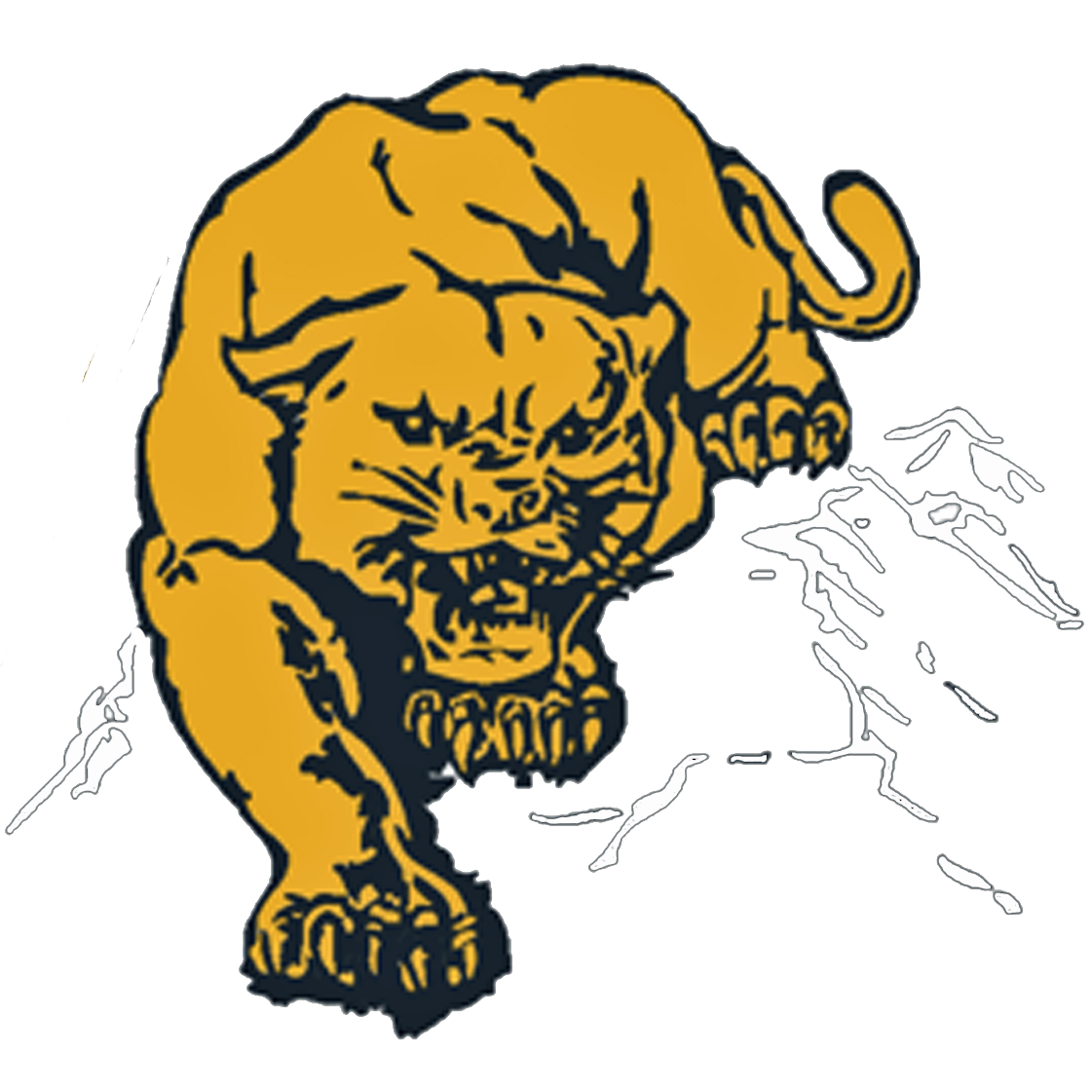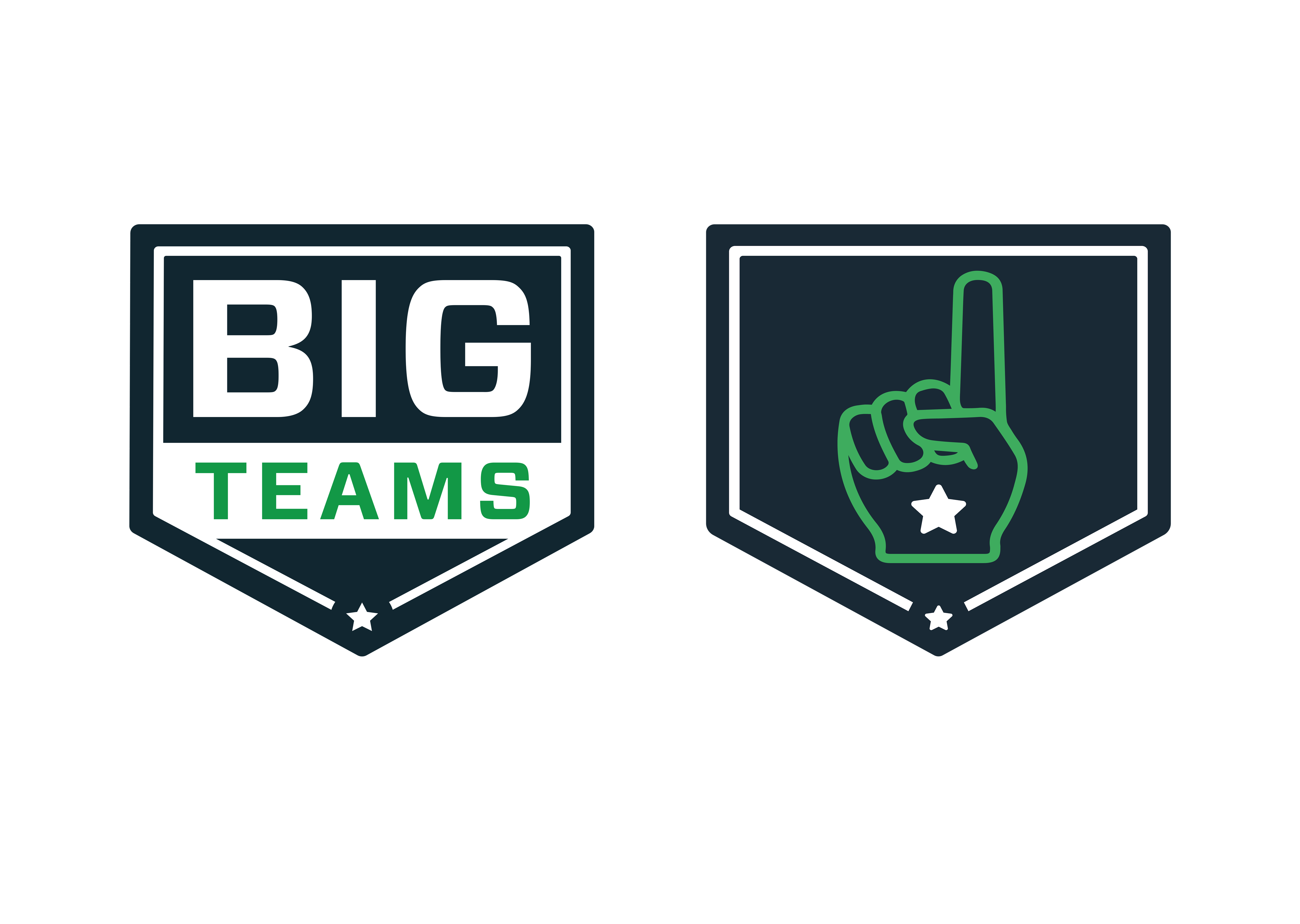Conval Athletics
Home of the Cougars!
Parent Information
NHIAA Parent Information
A PARENT-COACH COMMUNICATION GUIDE -
PREPARED BY THE
NHIAA and NFHS
PARENTS SHOULD BE A POSITIVE INFLUENCE
How badly you must want to win, Not for yourself but me,
So help me play this game, dear Mom & Dad, With dedication, goals and dignity.
It’s embarrassing for me, Mom & Dad, When you criticize my coach,
If you think you can be helpful, Then try a new approach.
Call and make arrangements, To meet my coach face to face, Far better than to yell at coach In such a public place.
I think that you will also find,
Your friendship will be sealed, In a more conductive atmosphere,
Than on the playing field. Please try to go along with coach,
Not judging wrong or right. You know they have a job to do, That must be done tonight.
As my coach stands alone down there, In front of all the fans,
Help them do the job they must, By staying silent in the stands. Snap decisions they must make, Under pressure of the game,
And certainly where you must sit, Tis’ not really quite the same. Even when they call it right,
I often make a mistake,
That surely makes them look as though Their coaching is at stake. Sometimes I’ll be scolded,
Then get a pat on the back, And I will get it next time, You can count on that.
My coach will take the blame for losses And walk out on a limb,
But our team will get credit For each and every win.
So be there when I need you, Mom & Dad.
Shout encouragement to me.
AuthorUnknown
Both parenting and coaching are extremely difficult vocations. By establishing communication and understanding of each position, we are better able to accept the actions of the other and provide greater benefit to our student athletes. To be successful, communication is vital and requires involvement, dedication, sacrifice, and commitment from parents, student athletes, and coaches.
COMMUNICATION YOU SHOULD EXPECT FROM YOUR CHILD’S COACH
-
Coach’s and program’s philosophy.
-
Individual and team expectations.
-
Location and times of all practices and games.
-
Team requirements, i.e., practices, special equipment, off season conditioning.
-
Procedure followed should your child be injured during practice or games.
-
Any discipline that may result in the denial of your child’s participation.
-
Concerns expressed directly to the coach.
-
Notification of schedule conflicts well in advance.
-
Specific concerns with regard to a coach’s philosophy and/or expectations.
-
Support for the program and the attributes of dedication, commitment, and responsibility that are ingredients for success and excellence. Encourage your child to excel.
-
COMMUNICATION COACHES EXPECT FROM PARENTS
While your child is involved in interscholastic athletics, they will experience some of the most rewarding and inspiring moments of their lives. It is also important to understand that there might also be times when things do not go the way you or your child wishes. At these times, discussion with the coach is encouraged.
APPROPRIATE CONCERNS TO DISCUSS WITH COACHES
-
The treatment of your child, mentally and physically.
-
Ways to help your child improve and develop.
-
Concerns about your child’s behavior.
It is very difficult to accept your child not playing as much as you may hope. Coaches are professionals. They make judgment decisions based on what they believe is best for the team and all athletes involved. There are certain areas and issues that can and should be discussed with your child’s coach. Other things, such as those below, should be left to the direction of the coach.
ISSUES NOT APPROPRIATE TO DISCUSS WITH COACHES
-
Playing time
-
Team strategy
-
Play calling
-
Other student athletes
-
Call to set up an appointment with the coach.
-
If the coach cannot be reached, call your Athletic Director. A meeting will be set up for you with the coach.
-
Please do not attempt to confront a coach before, after, or during a practice or game. These
-
IF YOU HAVE A CONCERN TO DISCUSS WITH A COACH
can be emotional times for both the parent and the coach, and this situation does not promote resolution nor objective analysis.
WHAT A PARENT CAN DO IF THE MEETING WITH THE COACH DOES NOT PROVIDE A SATISFACTORY RESOLUTION
Call and set up an appointment with the Athletic Director to discuss the situation.
Research indicated that students involved in athletics are most likely to succeed at their chosen profession and make creative contributions to their communities. Many of the character traits, qualities, and attributes required to be a successful student athlete are exactly those that will promote a successful life after high school.
WHAT ARE THE BENEFITS OF PARTICIPATION IN HIGH SCHOOL INTERSCHOLASTIC ATHLETICS?
Athletics support the academic mission of schools. They are not a diversion but rather an extension of a good educational program. Students who participate in athletic programs tend to have higher grade-point averages, better attendance records, lower drop-out rates and fewer discipline problems than students generally.
Athletics are inherently educational. Athletic programs provide valuable lessons on many practical situations—teamwork, sportsmanship, winning and losing, hard work. Through participation in athletics, students learn self-discipline, build self confidence, and develop skills to handle competitive situations. These are qualities the public expects schools to produce in students so that they become responsible adults and productive citizens.
Athletics foster success in late life. Participation in high school athletics is often a predictor of later success—in college, career, and becoming a contributing member of society.
HIGH SCHOOL ATHLETICS—A REALITY CHECK
In the NCAA First Team Publication, “What Time Is It” (Volume II) statistics relative to the estimated probability of competing beyond high school were cited. For example, of almost 550,000 male high school basketball players, 2.9% will play at the NCAA level, 1.3% of NCAA players will go to professional, and 0.03 of high school players ultimately go to play professionally. These percentages are similar in women’s basketball, football, baseball, ice hockey and soccer. Bottom line, you have a far greater chance of attaining an academic scholarship than of doing so in athletics. In fact for the vast majority of high school student athletes, they will not participate in NCAA athletics at any level.
https://convalathletics.org

